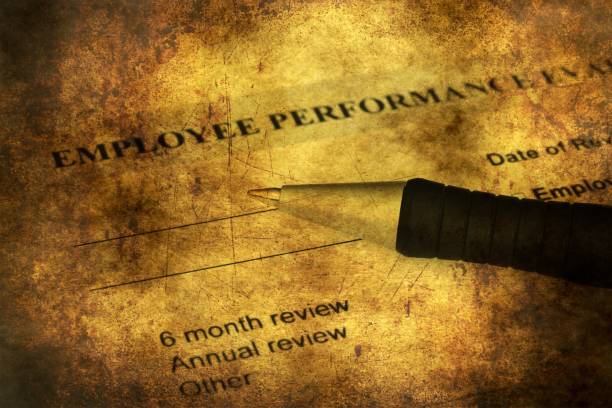Unmasking the Power of Real Estate Wholesaling
With a broad range of investment strategies available in the real estate sector, it's essential to explore unique avenues that offer potential for high returns. One such strategy, often overlooked yet increasingly gaining attention, is real estate wholesaling. This article delves deep into the intricacies of this strategy, offering a comprehensive overview of its workings, benefits, and challenges.

The Genesis of Real Estate Wholesaling
Real estate wholesaling is a short-term investment strategy that involves an investor, known as a wholesaler, who contracts a property with a seller, finds an interested buyer, and then transfers the contract to that buyer. The wholesaler makes a profit from the difference between the negotiated price with the seller and the amount the buyer pays. Historically, it has been an underutilized strategy, overshadowed by more traditional real estate investment techniques such as rental properties and property flipping. However, in recent years, it has begun to establish itself as a viable option for those looking to venture into the real estate market without significant upfront capital.
Current Market Trends and Financial Insights
The popularity of real estate wholesaling has been largely driven by the shifting dynamics of the property market and the increasing interest in alternative investment strategies. The current unpredictable economic climate, coupled with the rise of digital platforms that facilitate property transactions, has provided a fertile ground for the growth of wholesaling. This strategy offers a low-risk entry point into the real estate market, making it an attractive option for new investors. While exact profit margins can vary significantly depending on the local housing market and the wholesaler’s negotiation skills, the potential for substantial returns is undeniable.
Pros and Cons of Real Estate Wholesaling
Like any investment strategy, real estate wholesaling comes with its set of advantages and challenges. On the upside, it requires minimal capital, offers quick returns, and provides a great learning ground for understanding the real estate market dynamics. Moreover, it mitigates the risks associated with property ownership, such as maintenance costs and market fluctuations, as the wholesaler never actually owns the property.
However, the challenges of wholesaling should not be underestimated. It requires a deep understanding of the property market, excellent negotiation skills, and the ability to quickly find buyers. Additionally, the wholesaler must be adept at identifying undervalued properties and convincing owners to sell below market value.
Impact on the Real Estate Market
The rise of real estate wholesaling has added a new dynamic to the property market. It has opened doors for a new breed of real estate investors who may not have substantial capital but possess the necessary skills to thrive in this arena. Furthermore, it has the potential to expedite property transactions and stimulate market activity, particularly in areas with a high number of undervalued properties.
Conclusion
Real estate wholesaling offers an intriguing alternative to traditional property investment strategies. While it may not be suited to everyone, for those willing to navigate its challenges, it provides an opportunity to delve into the real estate market with minimal risk and potentially high returns. As with any investment strategy, thorough research, due diligence, and a deep understanding of market trends are key to success.
The increasing interest in this strategy signifies a shift in the real estate landscape, opening up new avenues for investment and diversification. As such, it will be interesting to follow its trajectory in the coming years.





